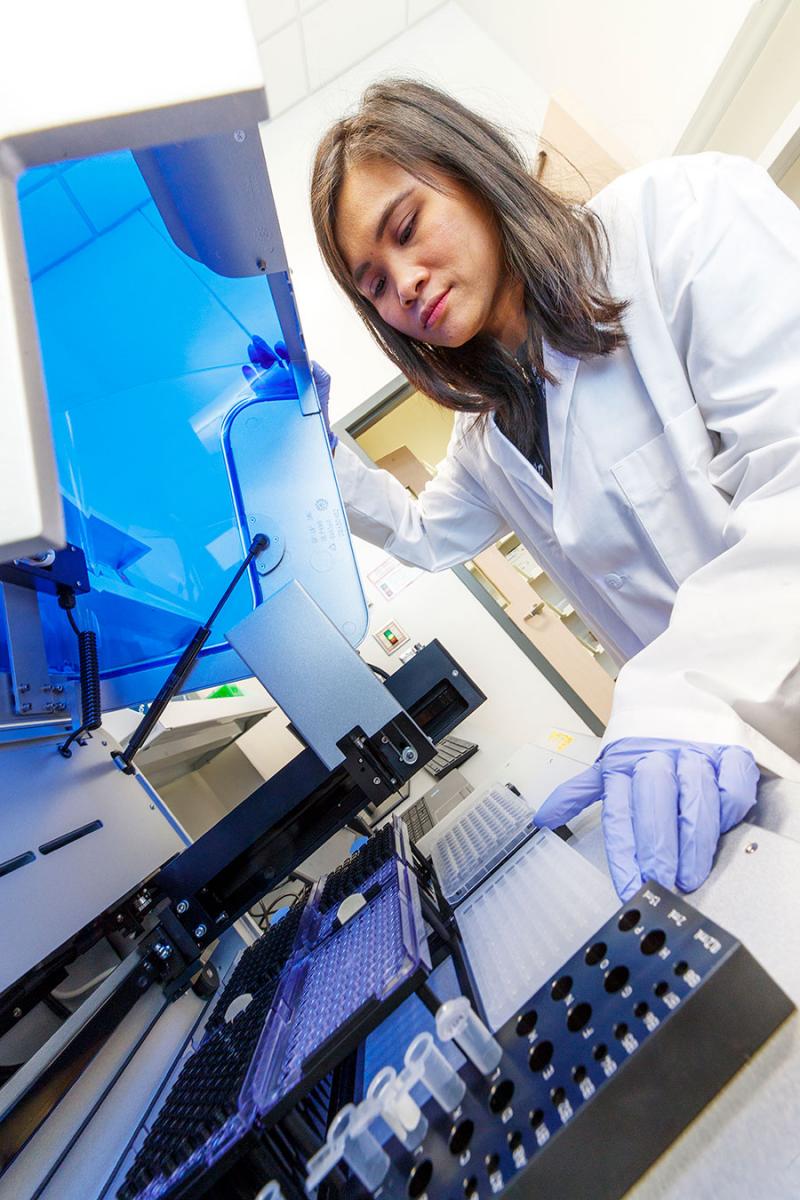Understanding the Value of Veterinary Labs for Pet Health
Understanding the Value of Veterinary Labs for Pet Health
Blog Article
Maintaining your pet’s well-being ensures they live their best life. Animal diagnostic labs are crucial for identifying health issues for domestic animals like dogs and cats.
Throughout this resource, we’ll explore how veterinary labs assist veterinarians, what tests they offer, and why these labs are invaluable for your pets’ health.
What Are Animal Diagnostic Labs?
Veterinary testing facilities help diagnose biological samples from pets. Veterinary clinics use their findings to deliver personalized care for pets.

The procedures at these labs generally features:
- Sample collection: Key biological materials are retrieved during vet visits.
- Testing procedures: Sophisticated machines interpret the findings.
- Creating a report: The lab shares diagnostic findings to the veterinarian for further action.
Common Veterinary Tests for Pets
Veterinary labs specialize in various diagnostic services to identify underlying issues. Frequently conducted exams include:
- Biochemical analyses: Identify infections.
- Kidney function tests: Identify urinary tract infections.
- Intestinal health tests: Identify digestive problems.
- Allergen identification: Diagnose food allergies.
- Advanced imaging techniques: Examine internal organs.
Why Regular Testing is Important for Your Pets
Ongoing health monitoring ensures keeping your pets healthy. Catching issues early gives your pet the best chance at recovery.

Some key benefits include:
- Proactive care: Ongoing support for your pet’s needs.
- Reassurance for your family: Regular testing ensures clarity.
- Cost savings over time: Early detection reduces long-term expenses.
laboratório veterinário
laboratório clínico veterinário
Conclusion: Prioritizing Pet Health with Veterinary Labs
Investing in diagnostic tests for household animals is one of the best ways. Pet testing facilities deliver accurate results to keep your pets in top condition.
Start using veterinary labs for routine care to help them live a long, happy life!
Report this page